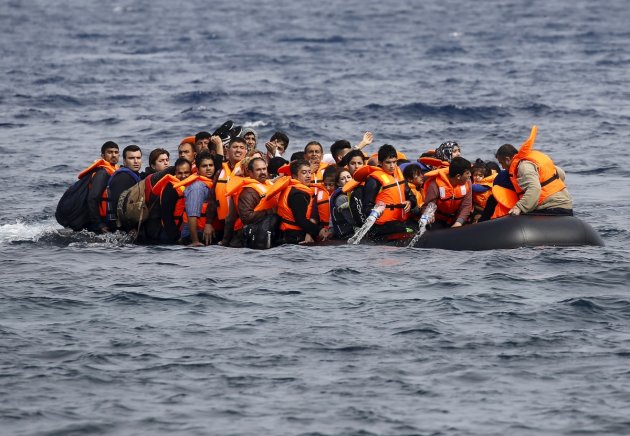
What is the theme for 2015?
The theme for Human Rights Day 2015 is "Our Rights. Our Freedoms. Always" – to mark the launch of a one-year campaign commemorating two international treaties adopted 50 years ago: Two Human Rights Covenants are the International Covenant on Economic, Social and Cultural Rights, and the International Covenant on Civil and Political Rights, both adopted in 1966.In 2015, the focus is on "freedoms" – recalling the four freedoms that underpin the Universal Declaration of Human Rights and two major human rights covenants, and first articulated in 1941 by President Franklin D Roosevelt in his "four freedoms speech" to the US Congress. The four freedoms are: freedom from fear, freedom of speech, freedom of worship and freedom from want.
The International Bill of Human Rights consists of the Universal Declaration of Human Rights, the International Covenant on Economic, Social and Cultural Rights, and the International Covenant on Civil and Political Rights and its two Optional Protocols.
Human rights facts and figuresWhy do we observe Human Rights Day?
In 2014, Amnesty International recorded and investigated human rights abuses in 160 countries and territories around the world. Here are some of the most shocking statistics uncovered:
- War crimes or other violations of the "laws of war" were carried out in at least 18 countries.
- Refugees and migrants were - and still are - at particular risk. More than 3,400 people drowned in the Mediterranean Sea in 2014.
- Armed groups committed abuses in 35 countries.
- Nearly three-quarters of governments, around 119 countries out of 160, arbitrarily restricted freedoms.
- 82% (131 out of 160) of countries tortured or otherwise ill-treated people.
Fifty years ago, the United Nations General Assembly adopted two international treaties that would forever shape international human rights – but challenges still remain, and the documents are as relevant today as they were when they were created.
Many countries recognise human rights and the rule of law as the basis for fair and stable societies, but many states still have a lot to do to build political institutions, judicial systems and economics that allow ordinary people to live with dignity. Globally, many people are still unaware of the existence of the International Bill of Human Rights.
Among other problems, there is a
growth of hate speech against religious and racial minorities, an
ongoing justification of rights violations in the name of combatting
terrorism and there is also the reversal of economic and social rights
in the name of economic crises or security.